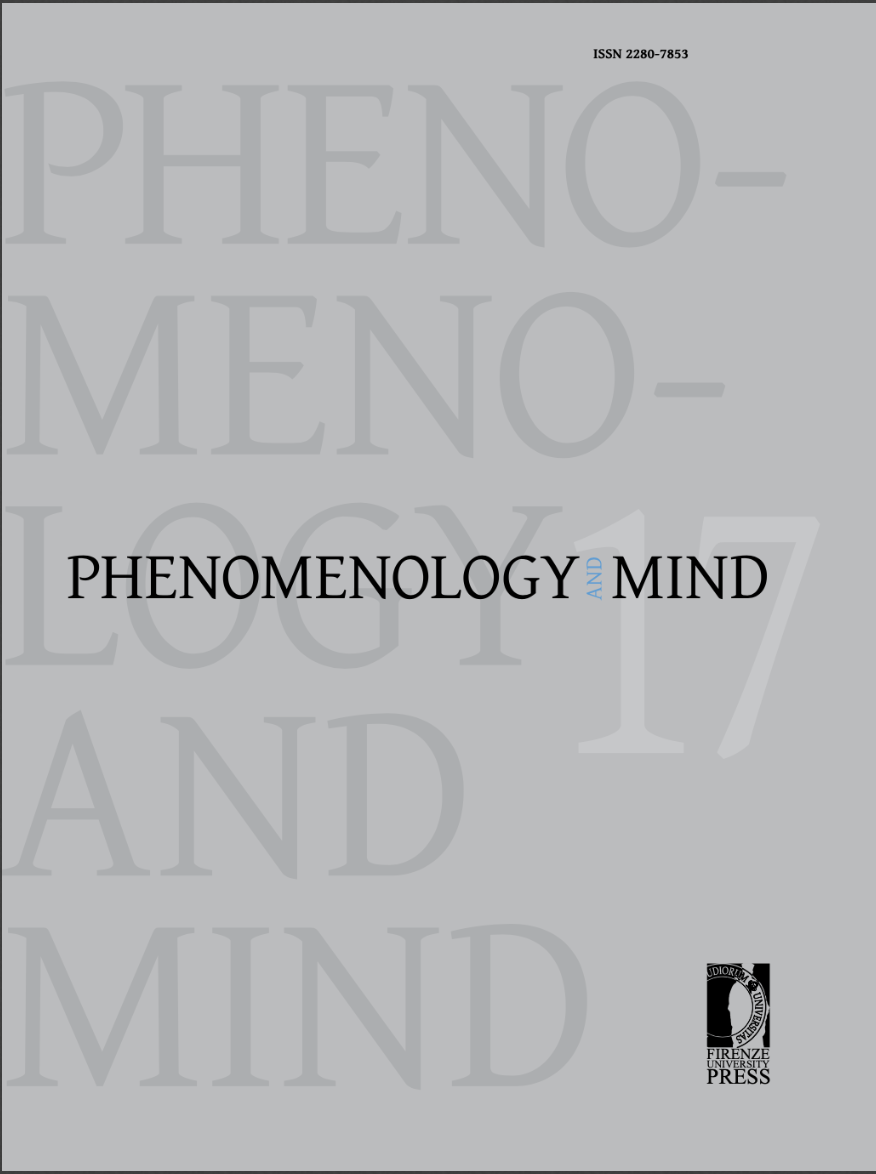Published 2016-11-27
Keywords
- embodiment,
- language,
- Nietszche,
- social ontology
How to Cite
Abstract
The paper traces the particular quality of human existence as linguistic embodied existence. In asking whether language is like body, it spells out what linguistic experience entails and what kind of picture results from this analysis as grounding the “person” (following Gallagher & Zahavi’s definition) in space/time/body and language. Understanding linguistic existence as embodied existence also facilitates an argument against a representationalist view of language. Nietzsche’s concern is taken up and analyzed: Does the self-reflexivity resulting from linguistic experience threaten individuality? Against his pessimistic conclusion, the article suggests to see language as enabling the individual agent-self.

